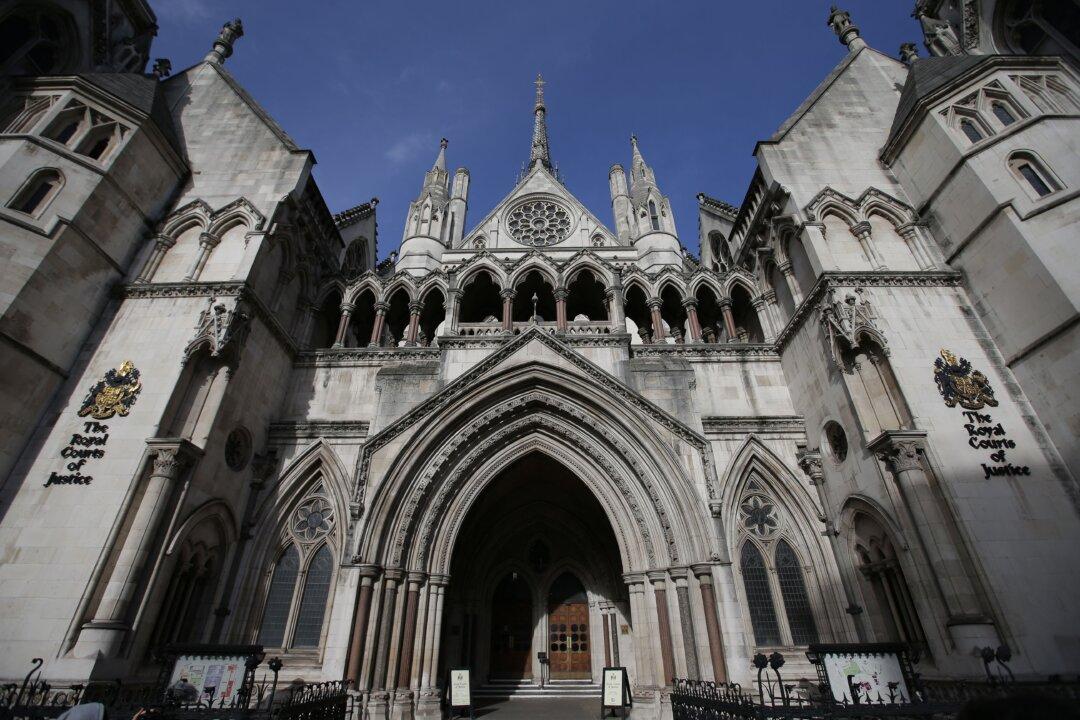The government’s climate plan is unlawful because the net zero minister had approved it without having enough evidence to consider whether policies to reduce carbon emissions could be delivered, the High Court has ruled.
On Friday, Mr. Justice Sheldon sided with the Good Law Project and environmental charities Friends of the Earth and ClientEarth, stating that Grant Shapps’s decision to approve the Carbon Budget Delivery Plan (CBDP) was “simply not justified by the evidence.”





